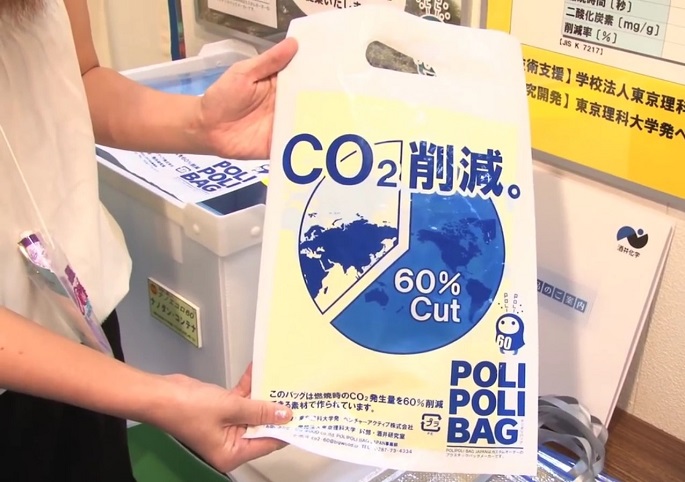The seemingly harmless plastic bags may not be that harmless at all.
Plastic bags may endanger one’s health, according to studies made by experts from different fields.
Bangladeshi ecologist Hossain Shahriar, who has a Ph.D. in Urban Ecology, said that polythene affects soil fertility in a bad way, reported IRIN News.
According to Bangladesh Sangbad Sangstha, Shahriar said that the Korean Institute of Health Research conducted studies on polythene. The result revealed that “workers at polythene factories are more exposed to cancer, skin disease and other fatal health problems.”
The School of Food Technology, Nutrition and Bio-engineering in Uganda’s Makerere University said in a report that polythene bags “contain cancer-causing metals,” according to Daily Monitor.
Colored polythene bags, which have “heavier metals,” can also cause cancer, said Noble Banadda, a professor in Makerere who holds a Ph.D. in Chemical Engineering and a degree in Food Science and Technology.
The report also said that heating certain food such as grains, fish, fruits and vegetables in polyethylene bags can cause contamination.
Plastics tend to kill animals, too.
The United Nations Environment Program (UNEP) said that animals can eat plastic debris, and almost a million seabirds die every year because of them, reported Worldwatch Institute.
Countries such as Belgium, Eritrea, Germany, Holland, Ireland, Italy, Rwanda, Somalia and Switzerland implemented policies to limit the use of plastic bags, according to BBC.
In Asia, the government of Bangladesh banned the use of polythene bags in Jan. 2002 within its capital city of Dhaka, reported Sustainable Development Networking Program (SDNP).
Businesses in Taiwan can face “large fines” if they use plastic bags, utensils and food containers. Taiwan’s Environmental Protection Administration restricted their uses in Jan. 2003, reported The Christian Science Monitor.
The local government of New Delhi, India’s capital, prohibited in 2009 the “use and storage of plastic bags,” according to Times of India.
In his “Study on the Ban on Free Plastic Bags in China,” published at the Canadian Center of Science and Education’s (CCSE) Journal of Sustainable Development in March 2009, Xiufeng Xing said that the State Council decreed that “the production, sale and use of plastic shopping bags 0.025 millimeters thick or thinner will be banned in China” beginning June 1, 2015.
On Jan. 1, 2015, Jilin Province started to ban “the production and sale of single-use, non-biodegradable plastic shopping bags,” according to Eco-Business.com.
Jilin Yitian Biotec manufactures biodegradable plastic bags.
“The environmental education in China starts late,” said Xiufeng.
Perhaps there’s still time for the people in the country to reassess how concerned they are for their environment and for their own health.



























